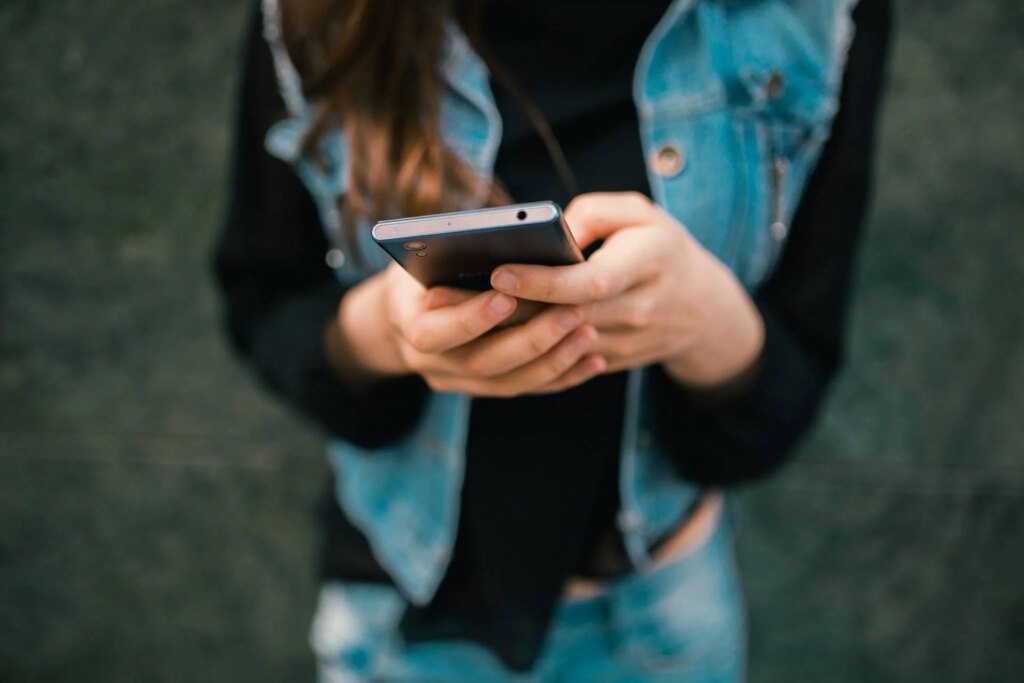
You wake up, get up and check your smartphone. Sometimes, you don’t even need to leave your bed to look at your phone for the first time. ‘Swiping’ to access the phone is a common gesture, repeated dozens of times throughout the day. Automatism risks becoming a dangerous routine with dangerous effects, like all other excesses. Those most exposed are young and very young people.
In more than eight years of research on teens and millennials, as highlighted by the Washington Post, Professor Larry Rosen – professor emeritus of psychology at California State University at Dominguez Hills – observed that children checked or unlocked their smartphones between 50 and 100 times a day, on average every 10-20 minutes while awake.
Where do you keep your phone at night?
WP recalls a survey conducted by YouGov in May regarding phone use: 8 in 10 Americans keep their phones in the bedroom at night, often inches from the pillow. In the same survey, respondents explained that they pick up their devices about 10 times a day.
This topic is in the spotlight of researchers at Nottingham Trent University in the UK and Keimyung University in South Korea who focused on the consequences of constant – or near-constant – access to smartphones: constantly checking the phone, according to the researchers, can lead to the beginning of a decline in cognitive abilities. What’s the red line? Is there a limit? Apparently yes.
Red line
The researchers determined that checking your phone about 110 times a day may indicate high-risk or problematic use. To these results, we add what was achieved by the Singapore Management University. The study, conducted by a university in Asia, highlights that frequent interruptions while checking devices leads to greater attention and memory loss. Unlike total screen time, the frequency with which you check your smartphone is a stronger indicator of daily cognitive deficit. In short, constantly unlocking your phone forces your brain to switch between tasks quickly, reducing your ability to focus on a single action.
On average, during a half-hour meeting, 1 in 4 people check their phone at least once. After each interruption, it can take up to 25 minutes to regain full concentration according to Professor Gloria Mark, a researcher at the University of California at Irvine.
Smartphones, alcohol and drugs: they are all addictions
“Smartphones activate the same ‘reward’ system as drugs and alcohol. “Cell phones create a vicious cycle of compulsiveness, we check our phones without thinking about it, and we experience withdrawal when we don’t check or don’t have access to our phones,” said Anna Lembke, professor of psychiatry and addiction medicine at Stanford University School of Medicine.
To integrate the picture, data from German researchers at Heidelberg University: after 72 hours without using a smartphone, brain activity developed according to a typical pattern of substance abstinence. Research shows that taking short breaks from smartphone use can help reduce problematic habits. The solution? Turn off notifications, delete all unnecessary apps, turn off your phone when in use. And maybe even leave it at home occasionally.





